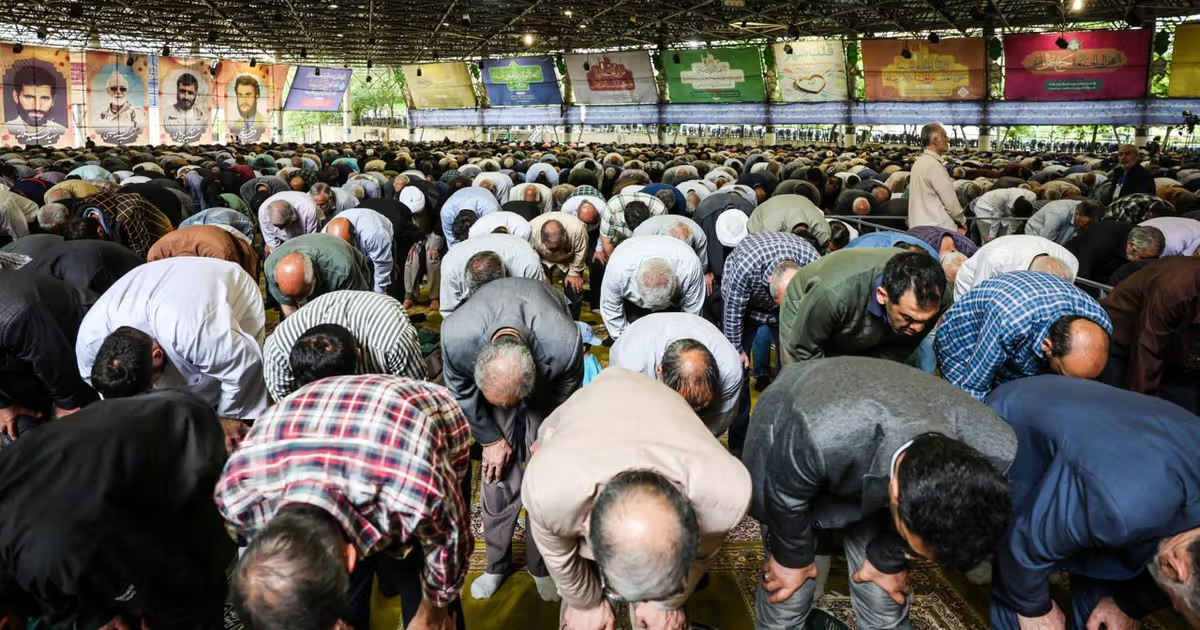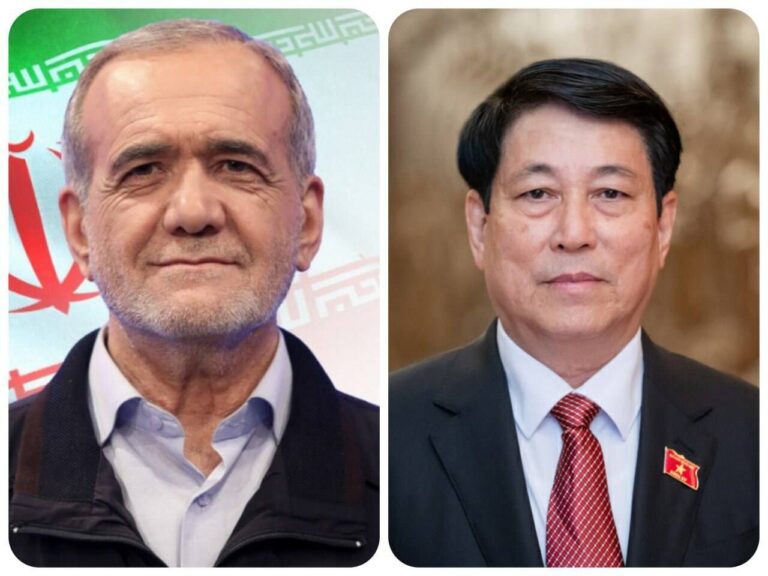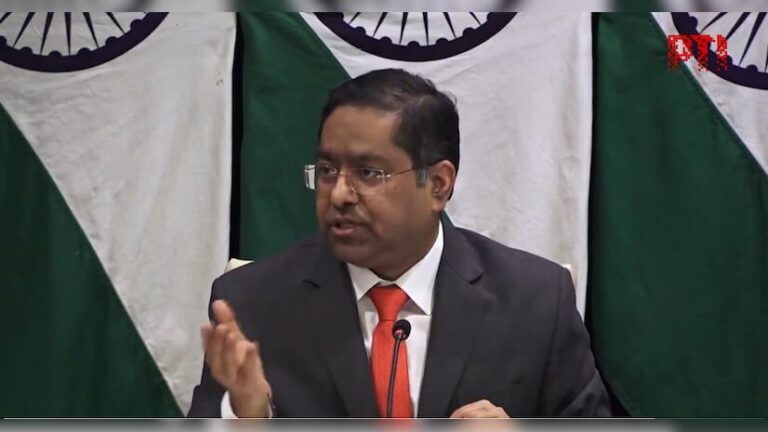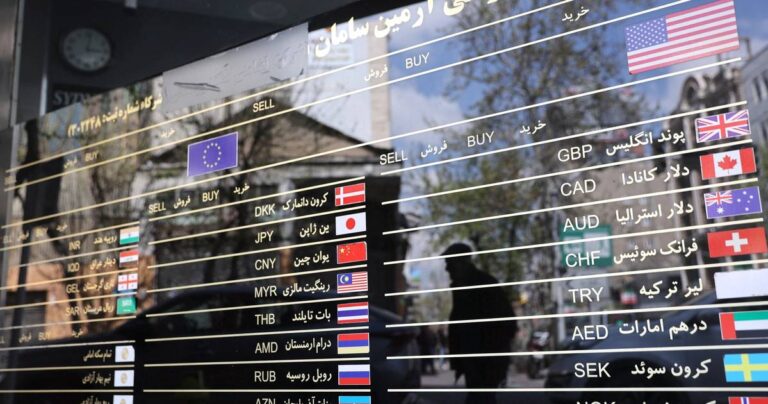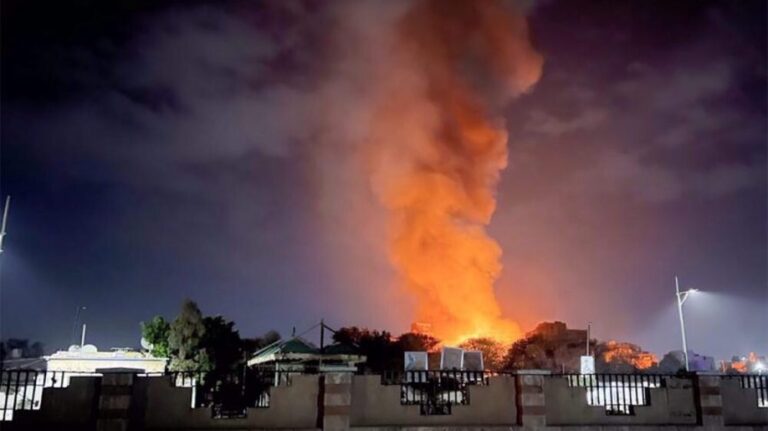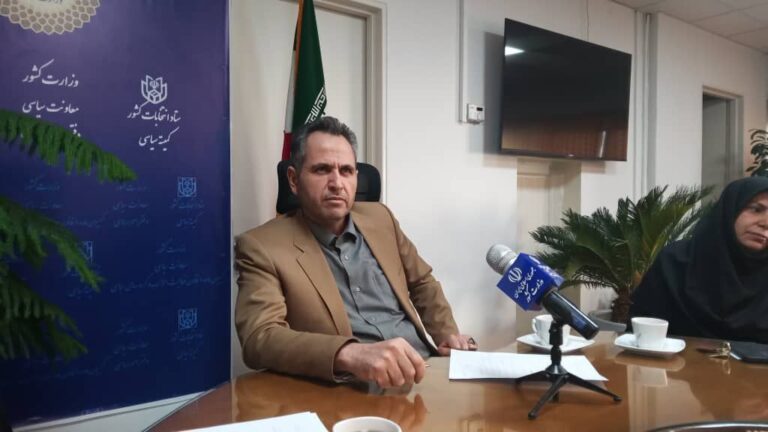State Clerics Hail Diplomatic Wisdom of Nuclear Talks During Friday Prayers
In recent developments regarding Iran’s nuclear program, senior Iranian clerics have expressed a cautiously optimistic outlook toward renewed indirect negotiations with the United States. These discussions are crucial as they revolve around Iran’s commitment to national sovereignty and the desire for sanctions relief.
During a Friday prayer session in Tehran, interim prayer leader Mohammad-Hassan Aboutorabi-Fard emphasized that Iran’s nuclear agenda is deeply rooted in a religious and political framework focused on peaceful development while resisting external pressures. He stated, “The Islamic Republic’s strategy is based on transparency about the peaceful nature of its nuclear program, the development of nuclear technology, and the lifting of oppressive sanctions.”
These remarks emerge as indirect negotiations between Tehran and Washington are rekindled, facilitated by Oman. The second round of talks took place in Rome, with a third round scheduled for Muscat. According to Aboutorabi-Fard, these discussions were initiated “at the repeated request of the highest-ranking US official and are proceeding with caution due to America’s repeated breaches of previous commitments, especially the unilateral withdrawal from the JCPOA in 2018.”
Iran’s Foreign Minister Abbas Araghchi has referred to the Muscat-hosted dialogue as a critical test of American sincerity. He noted, “The talks in Oman are a test to gauge the seriousness of the US,” adding that “complete sanctions relief and legal guarantees can pave the way for real progress.”
The Omani Foreign Ministry, which facilitated the recent talks in Rome, outlined its aim to achieve a “fair and lasting nuclear agreement” that not only ensures Iran remains free of nuclear weapons but also alleviates sanctions while preserving its right to peaceful nuclear development. Aboutorabi-Fard remarked that the Omani statement aligns closely with Iran’s strategic roadmap, stating, “This declaration reflects the correct direction of negotiations in line with Iran’s strategy.”
During his sermon, Aboutorabi-Fard and other clerics representing the Supreme Leader portrayed current diplomatic efforts as indicative of strength. He asserted, “Without the slightest doubt, the negotiations began from a position of dignity and power.” He emphasized that Iran possesses the upper hand in defining the topics and principles of these negotiations.
Aboutorabi-Fard further explained that effective diplomacy must be underpinned by national strength, particularly in technological and military domains. He stated, “Diplomacy without power is ineffective in securing national interests.” Additionally, he highlighted the importance of scientific advancement, especially in nuclear technology, as a cornerstone of Iran’s national strength.
He also noted that Iran’s military capabilities enhance the negotiating team’s position, insisting, “Our defensive power and enhanced deterrent strength are reliable assets for the Muscat negotiations.”
While advocating for sanctions relief, Aboutorabi-Fard echoed the frequent warnings from Supreme Leader Ali Khamenei against overreliance on external negotiations for domestic problem-solving. He remarked, “Sanctions relief can help create conditions for sustainable economic growth, but without transforming our economic and administrative structures, and without cutting the dependency of the budget on oil, real economic progress will remain out of reach.”
He urged both parliament and government officials to prioritize structural reforms, regardless of the outcome of discussions with the United States. Other Friday prayer leaders throughout Iran mirrored these sentiments, lauding Iran’s scientific successes while cautioning against excessive dependence on diplomacy.
- The cleric in Ilam echoed Khamenei’s views, stating, “The diplomacy apparatus should do its work, but don’t tie the country’s future to the negotiations.”
- In Yezd, Mohammad-Reza Naseri warned against trusting the enemy’s slogans, asserting, “Real progress comes from self-reliance and heeding the Leader’s advice.”
- In both Shiraz and Shahrud, Friday prayer leaders commemorated the anniversary of the unsuccessful US military operation in Tabas in 1980—Operation Eagle Claw—highlighting it as a symbol of “divine protection” and resilience against foreign interference.
- Ahmad Alamolhoda, a cleric from Mashhad, questioned the rationale behind relying on the US for solutions, stating, “Conditioning our lives on negotiations demonstrates a lack of faith in God’s power.”
In conclusion, the discussions surrounding Iran’s nuclear program and the ongoing negotiations with the United States reflect a complex interplay of diplomacy, national strength, and the quest for economic stability. As Iran navigates these talks, the emphasis remains on maintaining sovereignty, advancing technological capabilities, and fostering internal reforms to ensure sustainable growth.
